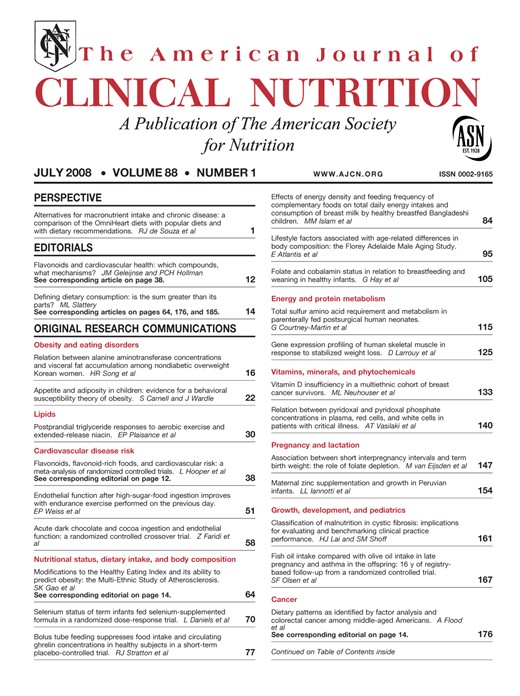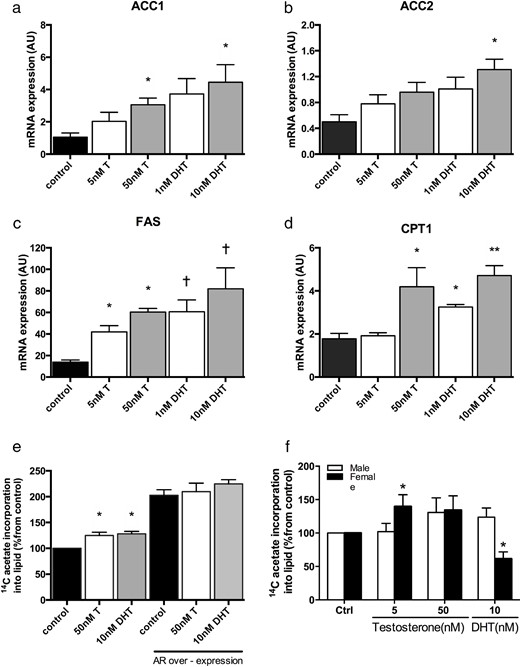keytothecity
Member
- Joined
- Dec 5, 2020
- Messages
- 204
I'm still on this diet, although I reduced tea, upped coffee, reduced milk and no egg.I am doing this (minus the isoflavones for now) following @hunchoz and @ChemHead (sort of, he is completely vegan) for 3 days now. TONS of raw veggies all day. Some fruit. 1 L Milk with several cups of green/black tea/day, 1 cup of coffee, one raw egg a day. Will be adding bone broth starting tomorrow.
My energy is skyrocketing, my skin got better, pores smaller. I look younger already. My guess is that inflammation is getting eradicated and excess DHT removed, acidity getting balanced too. I'll definitely keep going for a lot longer, just for the energy benefits already. Possibly, I'll try the isoflavones later. I'm loving it. But I am also an active person normally, so IDK if it will be sustainable when I do more sports again. Thinking of adding potatoes if this is going to be the case.
I'll add some iodine starting tomorrow to counter the anti thyroid fluoride in the green tea.
I am taking D, K, E but not sure if this is good or bad.
It also took fin a decade ago, so like in chemheads case my energy improvement might come down to dodging autoimmune triggers associated with PFS
Honestly with some social stuff happening I was basically following this diet 90/10 or something, and even got pretty drunk once or twice with some friends. No milk and coffee would be even better, and with recently adding nuts I am slowly getting the strength to leave those out as well and go 100/0 soon.
But yeah, I ate ***t tons of veggies, fruit; and not much else.
The results are pretty exciting. Mind you, I am only doing this for about 2 weeks now. I could report what seem to be a handful of new pigmented hair on my hairline, but that might be placebo. I also don't have closeup pictures of my hairline. Whatever.
The exciting part is that I can now press my knuckles into my scalp, and there are no dents anymore. The fibrosis is going, with (as far as I can tell) the exception of my temples (which have been bald the longest). I used to press my knuckles in my scalp, and had massive dents there for a minute or so. In the middle part of my scalp, with the most hair, I am completely unable to form them now. In my vertex they are a lot smaller. In my peat journey I did make progress and steps back regarding fibrosis, but I never progressed this far as to where I am unable to form them.
Whether that means future regrowth, we will see. If I get visible results I will post them. Just wanted to give an update to people considering it. Even if I get no regrowth from the diet alone, this is likely a key step in making other things work.
Last edited:




